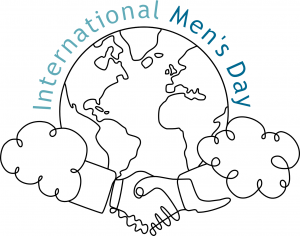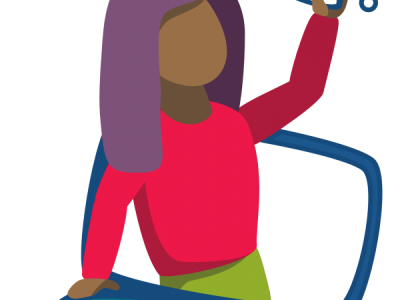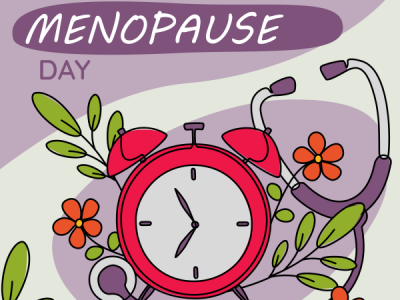 On the 19th November, we celebrate International Men’s Day. It is chance to celebrate Men and Boys in all their diversity and to help make a difference to their wellbeing. Men face often unspoken challenges. 76% of suicides are men. 60% of homeless people are men. This #InternationalMensDay please tell the men you work with it isn’t a weakness to talk about how you feel.
On the 19th November, we celebrate International Men’s Day. It is chance to celebrate Men and Boys in all their diversity and to help make a difference to their wellbeing. Men face often unspoken challenges. 76% of suicides are men. 60% of homeless people are men. This #InternationalMensDay please tell the men you work with it isn’t a weakness to talk about how you feel.
Thank you to all the amazing men in Rowe IT; colleagues, friends, fathers, sons, brothers. To learn more about being a man in 2021, we talked to three of our male colleagues:
Tristan – Apprentice Software Engineer
As a young man of my generation, I feel there is still quite a lot of judgement that occurs in day-to-day life, from both men and women. Whilst growing up, you would often hear phrases like “men never cry”, leading to men being unlikely to open up about their feelings and share their emotions. Many men my age fear sharing their emotions as they are scared of being judged by others. However, I do feel this situation is improving. Over the last couple of years men are starting to feel it is okay to show/speak their thoughts and feelings to family and friends. The importance of the need for everyone to be able to speak freely has become evident and many efforts have been made to promote better health. This is a real step in the right direction!
Dom – Software Engineer
As a relatively new Dad when this pandemic started, it has been interesting seeing my opinion of being the Father figure adjusted from ‘just the primary breadwinner’ to ‘actually just as capable as the primary care-giver’. Equality is such an emotive subject and for society to truly change, it needs to start at home. This needs to include men and the stereotypical roles that we play. I find it exciting that we could possibly find ourselves adjusting to a new approach that allows for more sensitivity, emotion and personal growth.
“I can’t remember a time in my life that I haven’t battled with all sorts of quandaries, fears and weaknesses” – Gerard Butler
Joe – Technical Consultant
As someone born in the sixties, who grew up in the seventies and was a teenager in the eighties, I’ve witnessed a lot of changes, one of which is in the definition of masculinity, especially when compared to previous generations. During this time I believe there has been a shift in what it means to be a stereotypical man. In particular, I feel fortunate that I have had the opportunity to be far more involved in the upbringing of my children than maybe many of my father’s generation.
Being a father of two daughters and living in a predominately female household has possibly given me a slightly different perspective to some, and I sometimes struggle to reconcile my experiences of being a man with events often reported in the media. It is embarrassing as a man to see incidents of sexism and misogyny. I also feel acutely aware that to be a white, middle aged, middle class man, I’m in a very fortunate and privileged position not afforded to many in society.
In spite of this, I am more hopeful now than ever before that gender equality continues to improve, but then as a father to daughters maybe I have a vested interested in this. Therefore for me perhaps the most important thing about being a man is the opportunity to try to provide a positive role model for my children, and to show that not all men are the same.



